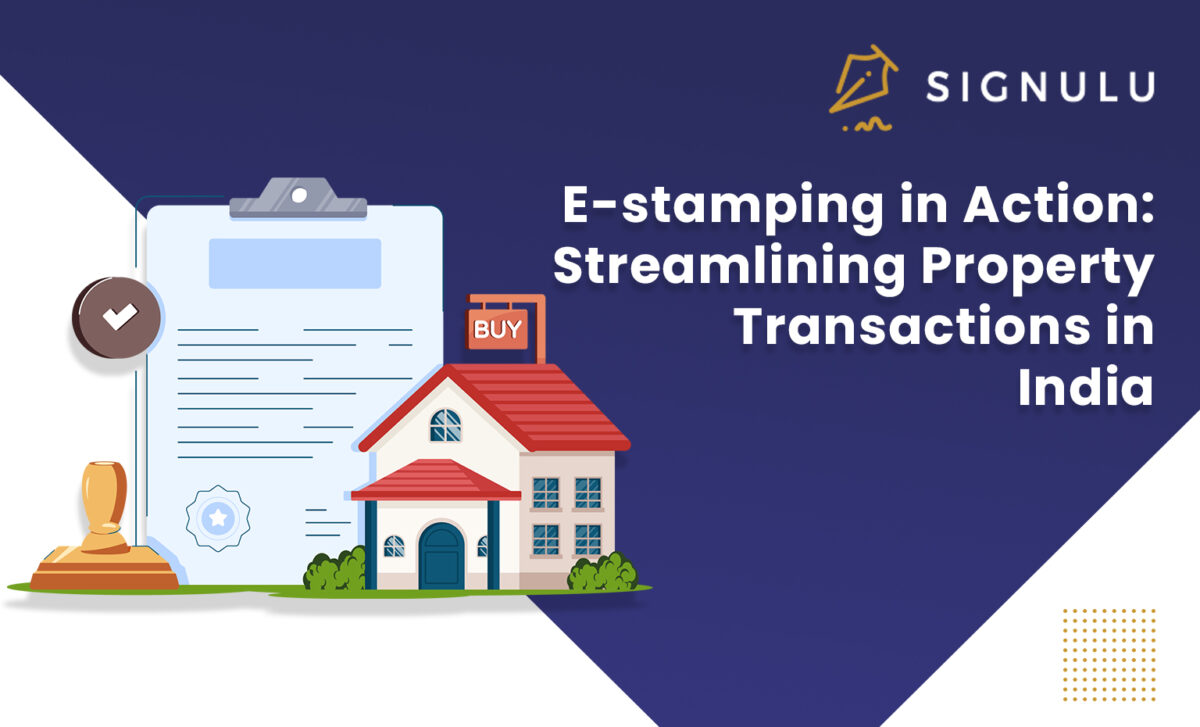In the bustling realm of real estate, where time is money and efficiency is the name of the game, there’s a digital hero making waves: e-signatures. Picture this: property deals flying through at warp speed, operational costs taking a nosedive, and everyone involved nodding in approval at the smoothness of it all. Dive into how e-signatures, jazzed up with the smart tech of solutions like Signulu, are revolutionizing the way we seal the deal in real estate.
Cutting Through the Paper Jungle
Remember the old-school hassle of paperwork in property dealings? Those days are on their way out, thanks to e-signatures. No more shuffling papers from desk to desk or setting up endless in-person meetings just to get a scribble on the dotted line. Now, documents zip through the digital world, getting signed by parties lounging in their living rooms or sipping a latte in a café miles away. What once dragged on for weeks can now wrap up in a flash, turning the whole process into a speed-dating success story.
Shaving Costs and Boosting Speed
E-signatures are slicing through expenses like a hot knife through butter. Think of all the paper, ink, and postage saved when documents fly through cyberspace. Real estate, with its notorious mountains of paperwork, stands to save a bundle. Plus, digital filing systems mean no more digging through filing cabinets or losing important papers. This lean, mean approach not only saves cash but also cranks up satisfaction levels by offering services that are swift and hassle-free.
Security & Legality: The Cornerstones of Trust
In the real estate cosmos, where trust is as crucial as location, e-signatures emerge as the guardians of integrity. They bring to the table an unmatched blend of security measures and legal compliance, ensuring every digital signature is as solid as concrete foundations. With e-signatures, you’re getting more than just a digital nod; you’re getting a fortress of safety and a badge of legality, giving all parties involved the confidence to proceed with peace of mind.
AI to the Rescue: A Smoother Signing Experience
Here’s where things get sci-fi cool. Signulu’s e-signature service is turbocharged with Generative AI, making navigating contracts as easy as browsing your favorite blog. Need the lowdown on a hefty document? The Document Summarization feature has your back, distilling complex legalese into bite-sized pieces. Got questions? The GenAI Chatbot is at your service, ready to clarify terms or answer queries on the spot. This blend of AI smarts smooths out the signing process, making it friendly for everyone involved.
The Bottom Line
E-signatures are not just changing the game in real estate—they’re setting a new standard for how deals are done, period. With the added sparkle of AI, platforms like Signulu are leading the charge towards a future where real estate transactions are faster, cheaper, and smoother than ever. Ready to leap into the future of real estate? Signulu’s 14-day free trial is your golden ticket to exploring the wonders of digital contract management. Step up your game and watch those property deals fly off the shelf, all with a few clicks.





